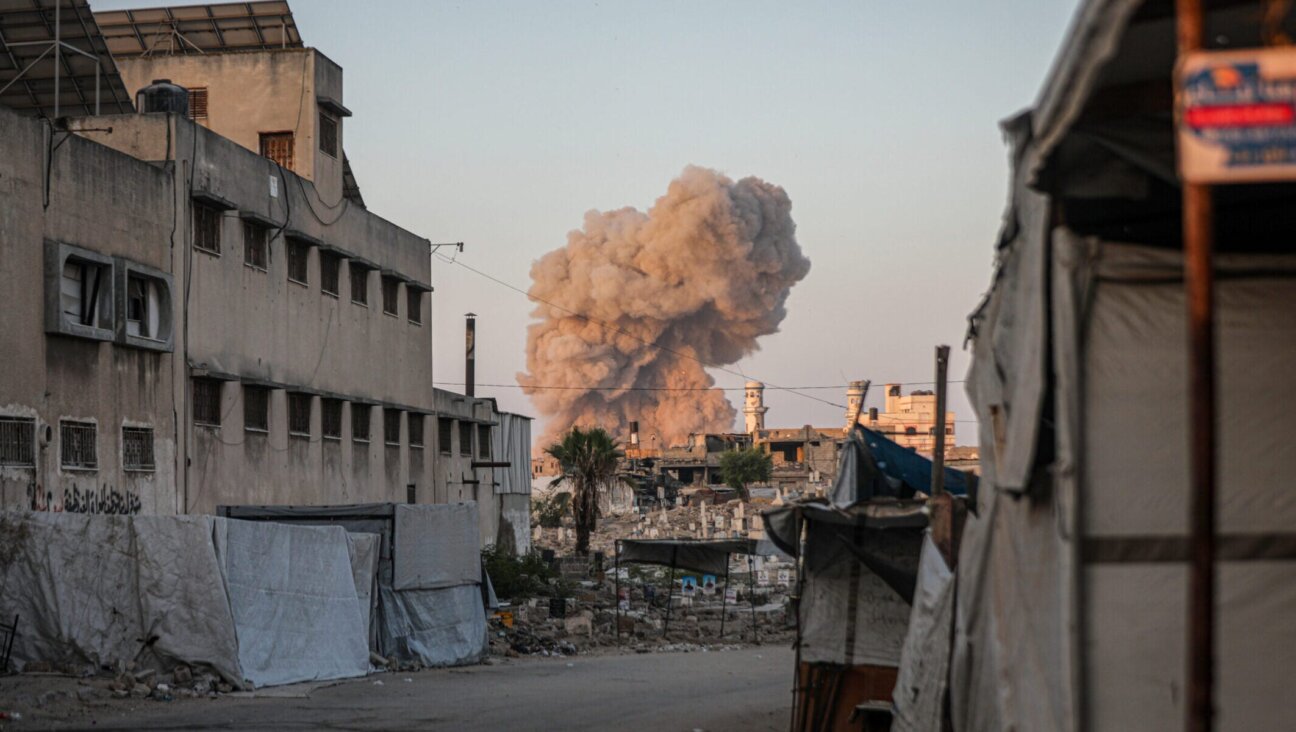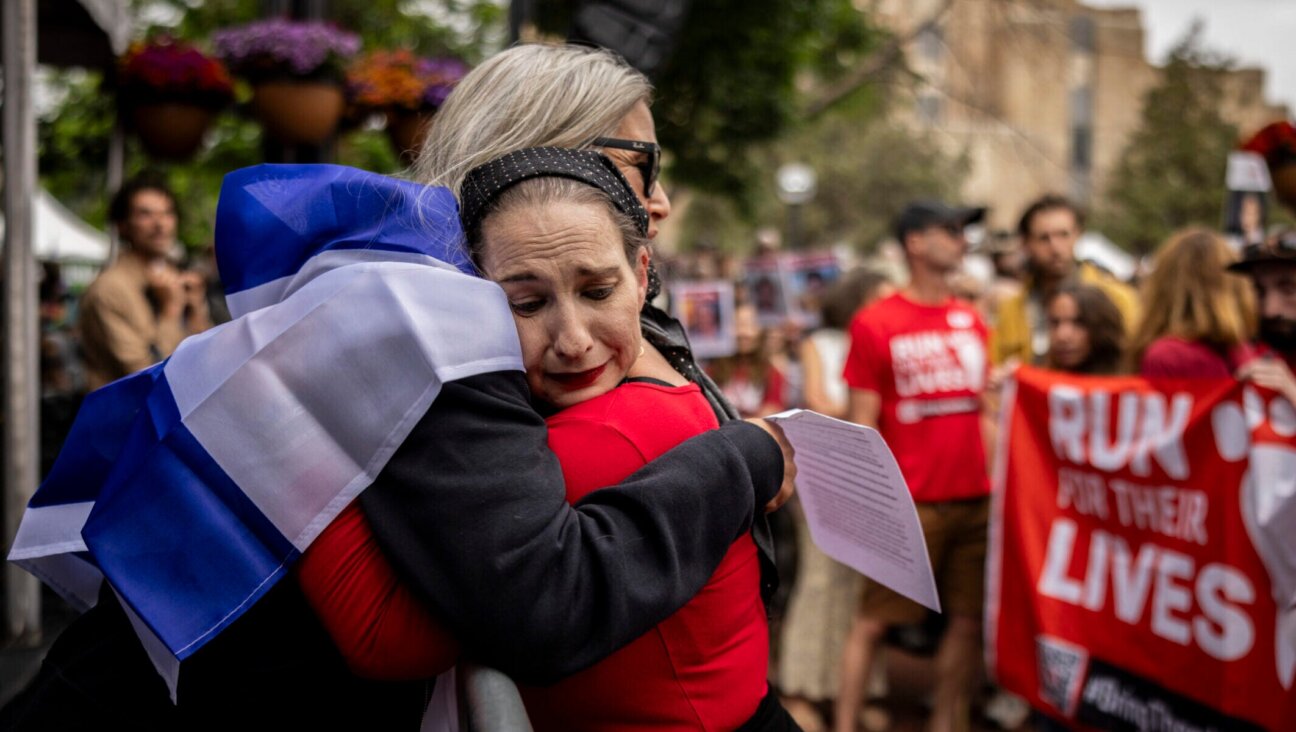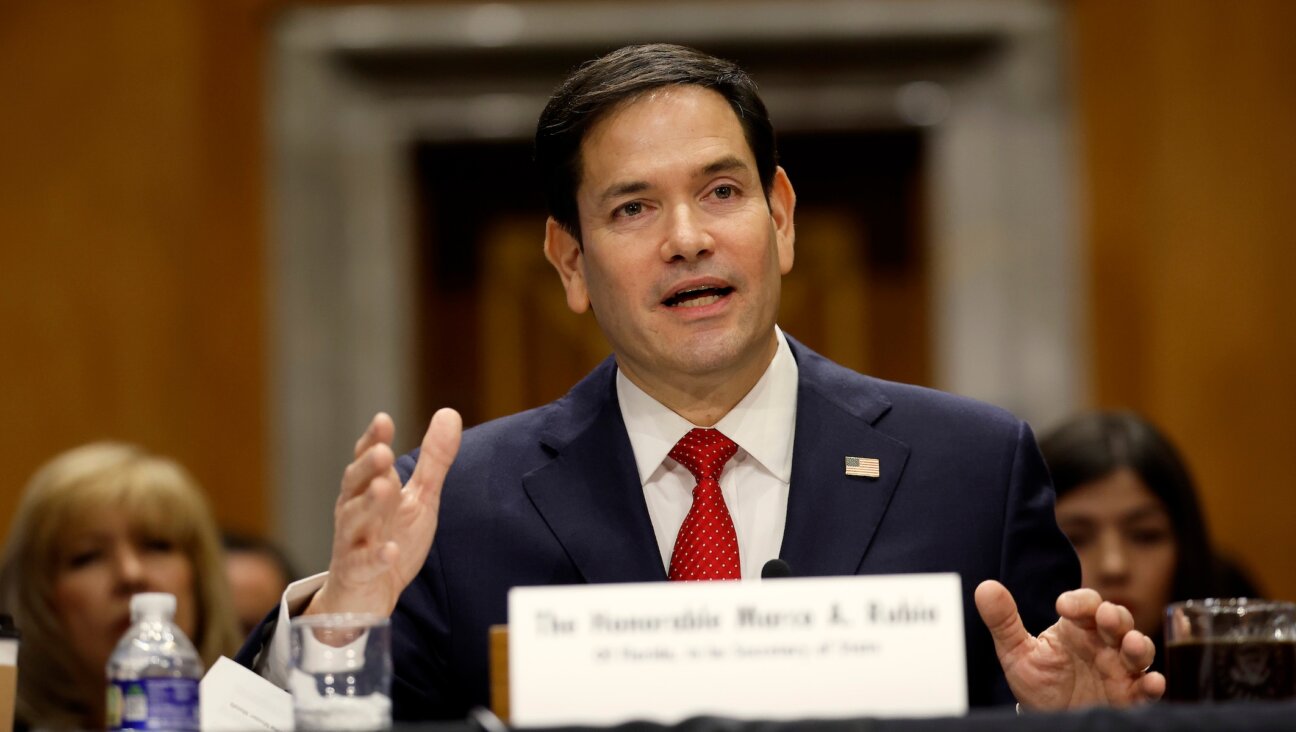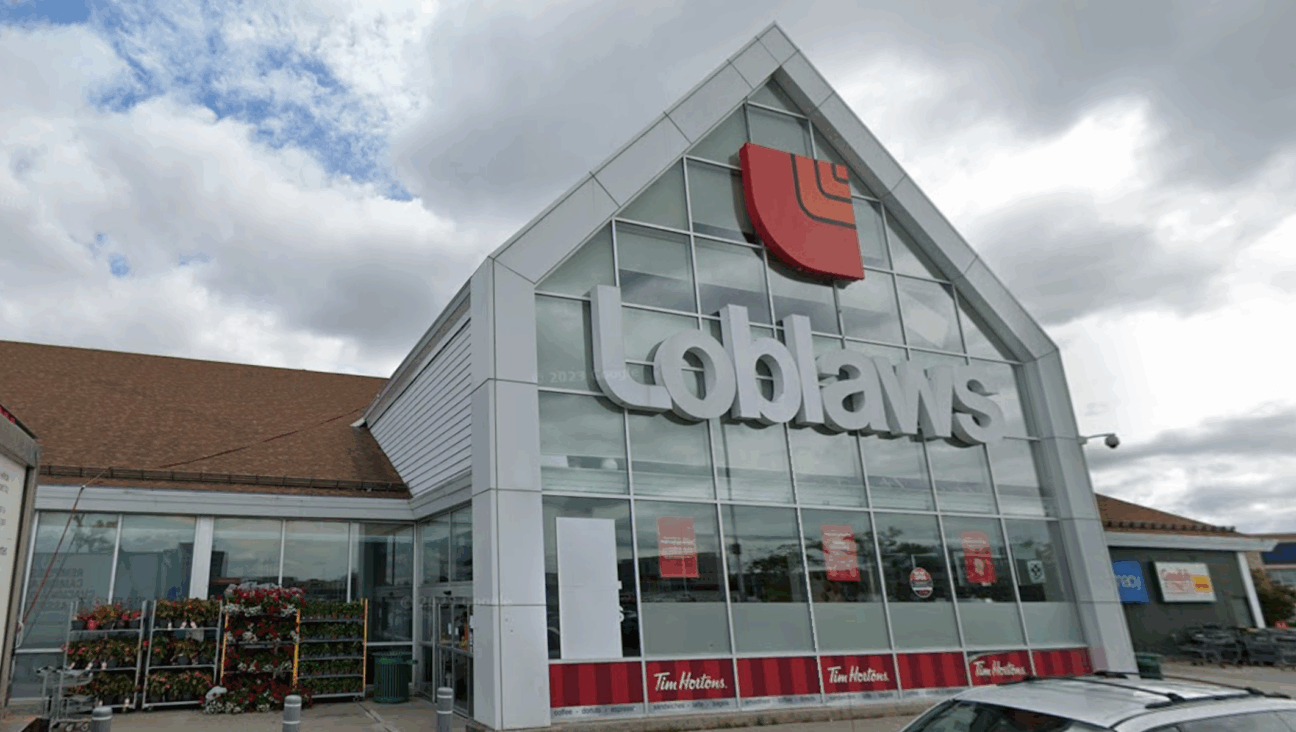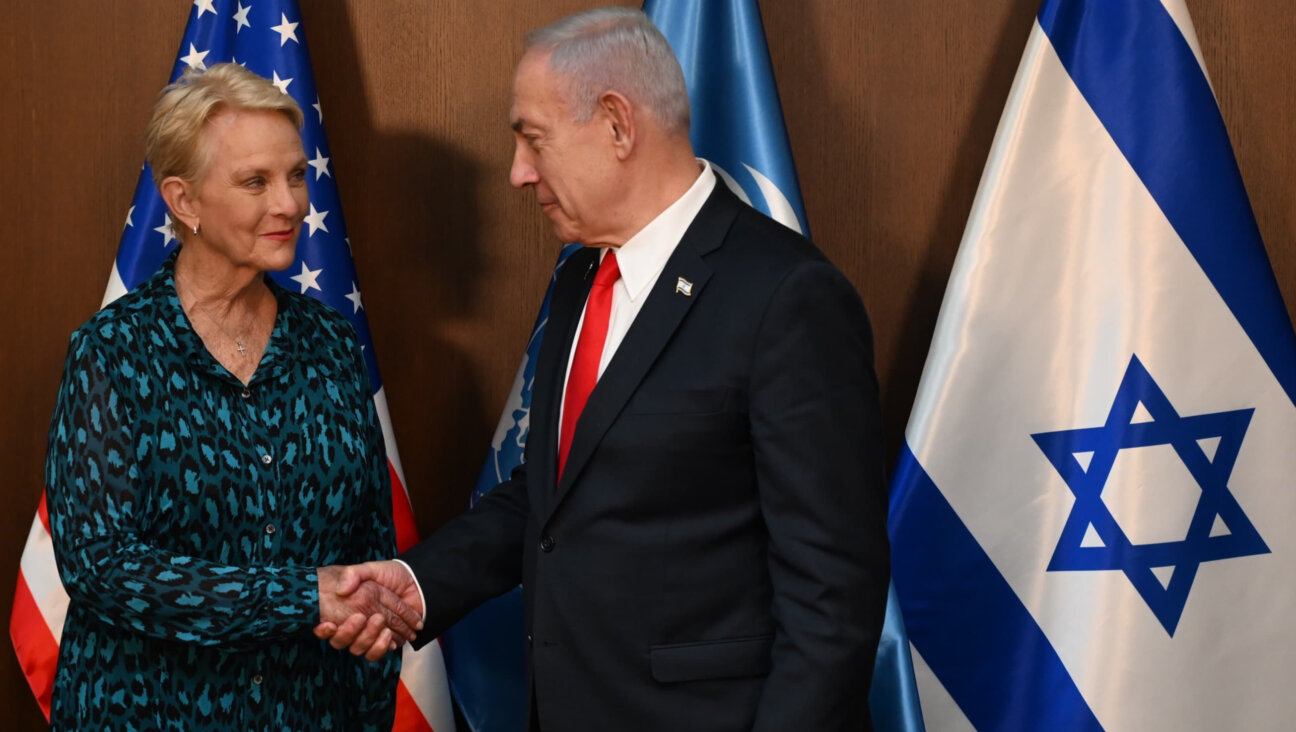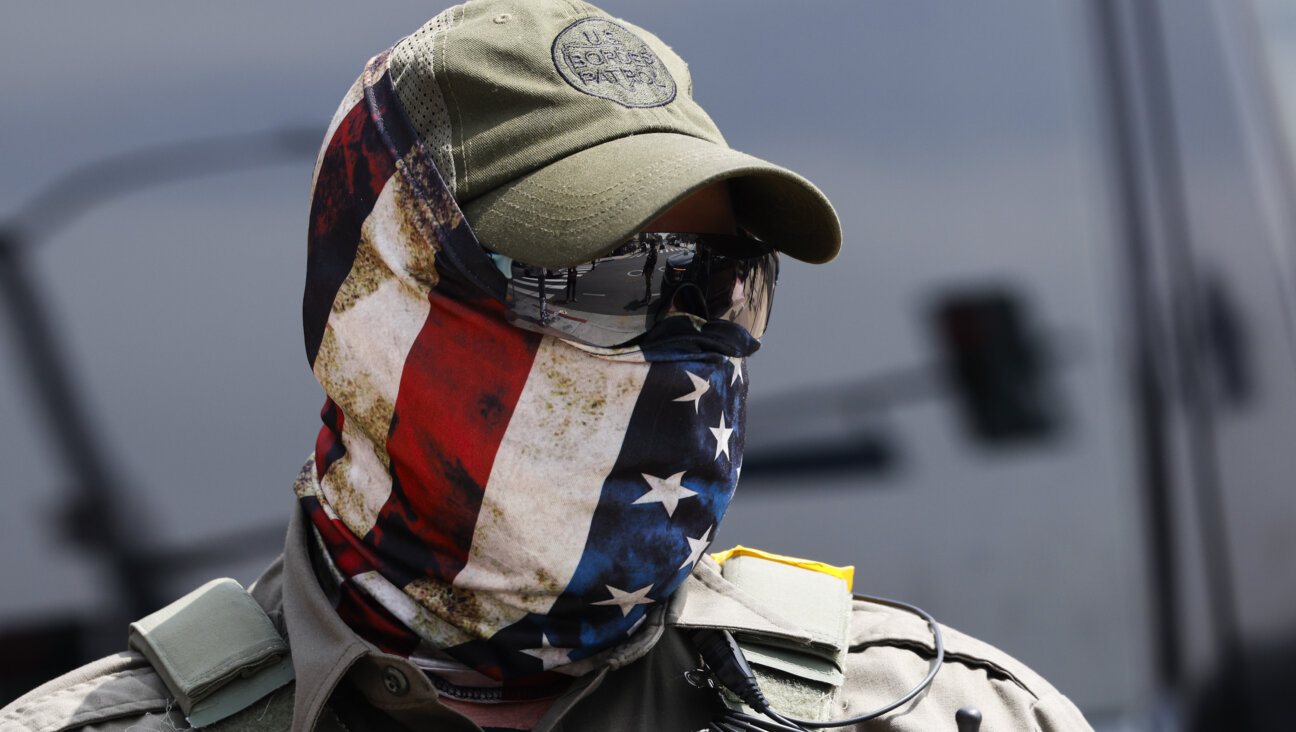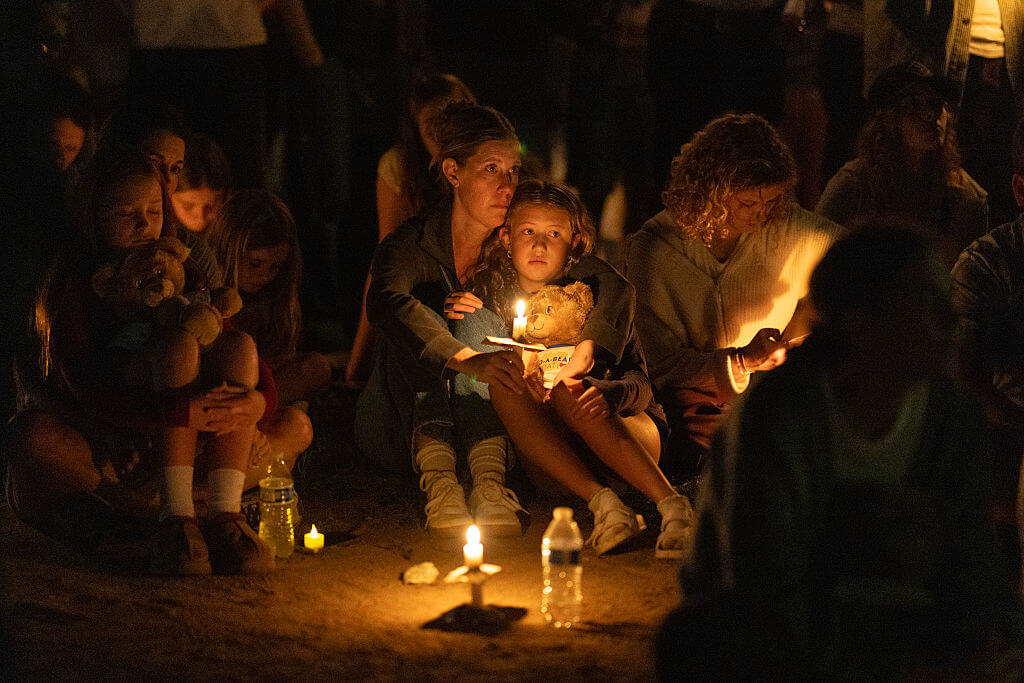Islamists Reject El Baradei as Interim Egypt Leader
Liberal politician Mohamed ElBaradei was chosen as Egypt’s interim Prime Minister on Saturday as the transitional administration fought to restore calm after at least 35 people were killed in Islamist protests that swept the country.
ElBaradei, a 71-year-old Nobel Peace Prize winner and former U.N. nuclear agency chief, had been favourite to head the temporary leadership installed by the military after it ousted elected President Mohamed Mursi on Wednesday.
He was holding a second meeting of the day with interim head of state Adli Mansour late on Saturday ahead of his expected appointment.
Tens of thousands of Mursi’s Muslim Brotherhood supporters took to the streets on Friday to protest against what they called a military coup, and clashes between them, security forces and anti-Mursi protesters left more than 30 people dead.
Within minutes of the news that ElBaradei would be named, a senior Brotherhood official said that the Islamist movement would reject his candidacy and any other measures implemented by the army-backed administration.
“We reject this coup and all that results from it, including ElBaradei,” Farid Ismail, of the Brotherhood’s political wing the Freedom and Justice Party (FJP), told Reuters.
He described ElBaradei as “Washington’s choice”, a reference to suspicions among Brotherhood members of U.S. complicity in Mursi’s overthrow.
An Islamist coalition led by the Brotherhood also called for another wave of demonstrations on Sunday, raising the prospect of further violence that has thrown the most populous Arab nation of 84 million people into fresh turmoil.
MAJOR CHALLENGES
Those reactions underlined the challenges facing transitional powers as they seek to implement a military roadmap leading to fresh elections.
While the ouster of Egypt’s first freely elected president was greeted with jubilation on streets crammed with millions of people, his many supporters feared a return to the suppression that the Islamists endured for decades under autocratic rulers.
The army has given few details and no timeframe for elections, adding to political uncertainty at a time when many Egyptians fear that bloodshed could polarise society still further.
Mursi’s dramatic removal and subsequent violence is the latest twist in a tumultuous two years since the fall of Hosni Mubarak in the Arab uprisings that swept the region.
At least 35 people died and more than 1,000 were wounded in violence on Friday and Saturday, with the army struggling to maintain order in Cairo, Alexandria and other cities and towns, where rival demonstrators fought street battles.
The most deadly clashes were in the Mediterranean city of Alexandria, where 14 people died and 200 were wounded.
In central Cairo, protesters clashed late into Friday night with stones, knives, petrol bombs and clubs as armoured personnel carriers rumbled among them.
It took hours to restore calm on the Nile River bridges around the landmark Egyptian Museum. Anti-Mursi activists remained encamped in a suburb of the capital.
While the Brotherhood has insisted it will not resort to violence, some radical Islamists have no such inhibitions.
On Saturday, a Coptic Christian priest was shot dead in Egypt’s lawless North Sinai province in what could be the first sectarian attack since Mursi’s overthrow, raising concerns about the potential for further religious violence.
There were more attacks on army checkpoints in Sinai overnight and gunmen fired on a central security building in El Arish, security sources said.
A new Islamist group announced its formation in the Sinai peninsula adjoining Israel and the Gaza Strip, calling the army’s removal of Mursi a declaration of war on their faith and threatening violence to impose Islamic law.
Ansar al-Shariah (Supporters of Islamic Law) in Egypt said it would gather arms and start training members, according to a statement on an online forum for Sinai militants recorded by SITE Monitoring.
The events of the last week have raised alarm among Egypt’s allies in the West, including main aid donors the United States and the European Union, and in Israel, with which Egypt has had a U.S.-backed peace treaty since 1979.
Newspapers quoted ElBaradei as saying that he expected Gulf Arab monarchies that were hostile to the Muslim Brotherhood’s rule to offer financial support to the new authorities.
Only gas-rich Qatar provided substantial funds to Mursi’s government, totalling $7 billion in loans and grants. Turkey and Libya also provided smaller loans and deposits.
RISING TENSIONS
In one of the first outbreaks of violence on Friday, three protesters were shot dead outside the Republican Guard compound where Mursi is being held, security sources said. The army denied responsibility for the shootings. It was not clear whether other security forces were involved.
On Saturday, about 2,000 people gathered outside the barracks. A man with a loudspeaker told soldiers separated from protesters by razor wire not to open fire.
Thousands more Islamists braved the fierce midday sun at a sit-in outside a nearby mosque. Shawled women shook their heads and wept as an imam led prayers for “martyrs” of the violence.
At least 15 tanks were positioned on streets leading to the square outside the mosque, but they were farther away than on Friday, suggesting that the military was keen to ease tensions.
Elsewhere in Cairo, the retrial of former autocrat Mubarak resumed at a snail’s pace, in a bizarre coda to the past week’s drama. The 85-year-old, who ruled Egypt for 30 years, is charged with conspiracy to murder hundreds of demonstrators in 2011.
The judge adjourned the case until Aug. 17. He said that he would continue to show proceedings live on state television, despite unhappiness among army commanders at seeing their former head of state and air force chief paraded in a courtroom cage.

